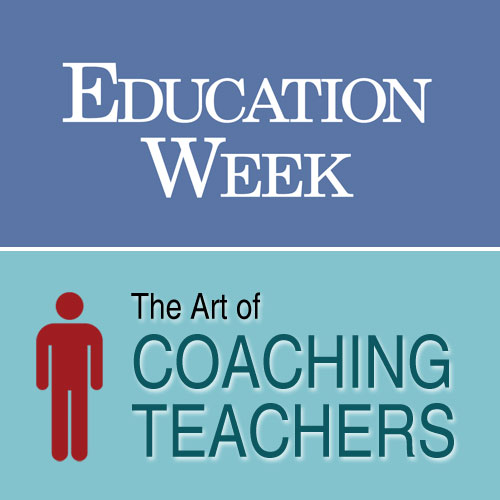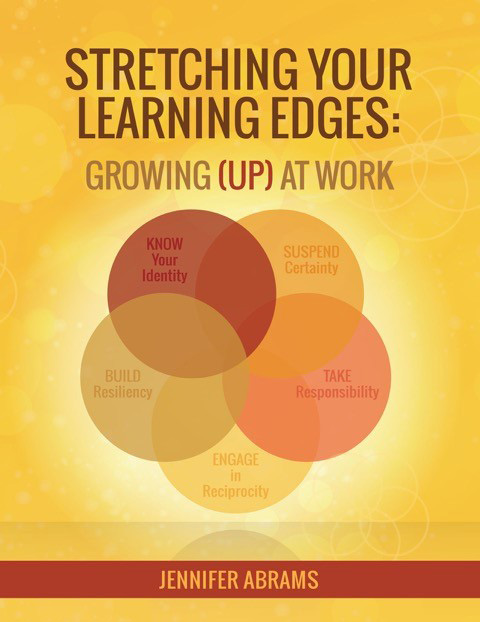Triggered by Resistance: A Coach’s Challenge
September 21, 2014

This post was originally written by Jennifer and published on Education Week’s teacher blog, The Art of Coaching Teachers.
I spent some time last week with a colleague who was looking to get ‘unstuck.’ She wasn’t sure what was next on her career path. She was calling many of her former colleagues to meet, to talk, to ‘get perspective.’ Should she apply for this job or that job? No, actually, she wouldn’t apply for any job just yet. She was going to really get clear this time. Know what she wanted. My colleague was all over the place cognitively. Spinning. Sort of flailing. But not helpless. She was just feeling a lot. Thinking too much. Overstimulated.
Over a long meal, I offered suggestions – people from whom she could seek support – ways to take a next step, to find a sense of centeredness – places to begin. But she balked. Is it really worth the time to go to see that person? Is it worth the money to go to that place? Will that be the right next thing? What is the next right thing? I was getting dizzy. She spoke and spoke. Sometimes with moments of great assuredness – other times with skepticism, or fear, or resignation. It was tiring to listen to her.
I left the meeting and realized I was triggered. I had tried to be supportive. Stay in coach mode, I told myself – ask clarifying questions. Put suggestions on the table. Not be attached to responses. Use positive presuppositions. I even meditated before the meeting so I would be calmer. And yet, I came away angry. This person was so capable, had so many opportunities she could take advantage of. And she was afraid of taking action or making a choice that would bring her some clarity. Arrgh. I can even feel my frustration as I write this. I was hooked. I got too attached to her story. Her journey.
We as coaches sometimes get stuck in the act. We get too involved. We forget our role is to coach, not direct. We are there to assist the other person in his or her growth, his or her developmental process – to achieve his or her goals. If it isn’t going fast enough for us, our questions haven’t elicited enough ‘Ahas!” or if our support doesn’t get an instant response, it is okay. We cannot make someone else develop on our timeline. It isn’t our next step to take.
What might I have done differently? Ellie Drago-Severson and Jessica Blum-DeStefano in their “Change No to Yes: Leaders Find Creative Ways to Overcome Obstacles to Adult Learning” in the Journal of Staff Development (August 2014, Vol. 35 No. 4 page 28) have simple, yet very important suggestions for dealing with resistance.
- Help [the person] understand that you are with them — that you know change is hard and that it takes time.
- Ask questions to learn more about what [the person is] resisting and why.
- Ask how you can help. What supports might be useful? What, in particular, [is the person] finding challenging?
Ask how you can help. What a gift. Who knows what the answer would have been had I asked my colleague that simple question. Maybe she needed a witness. Needed someone to ‘hear her into speech.’ Maybe she just wanted someone to say change is hard. But I didn’t ask. I wanted to rush her. To fix her. To get an “A” in helping her move forward. Being a coach puts us on a developmental journey of our own.

